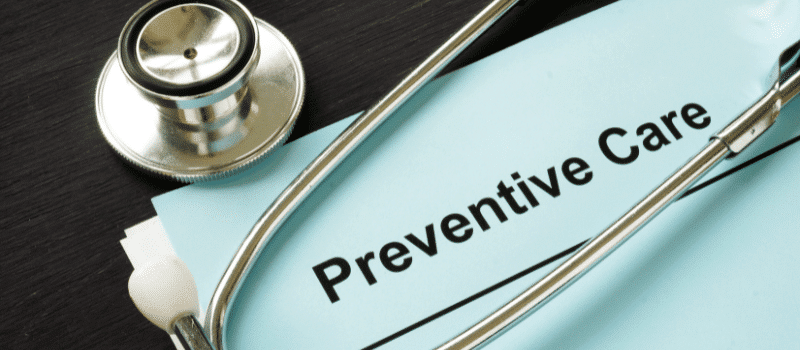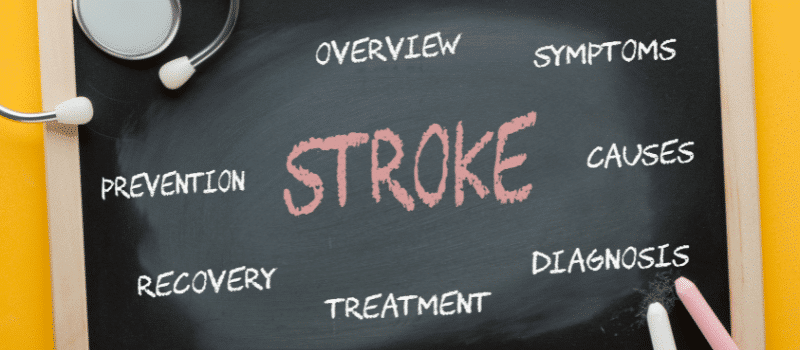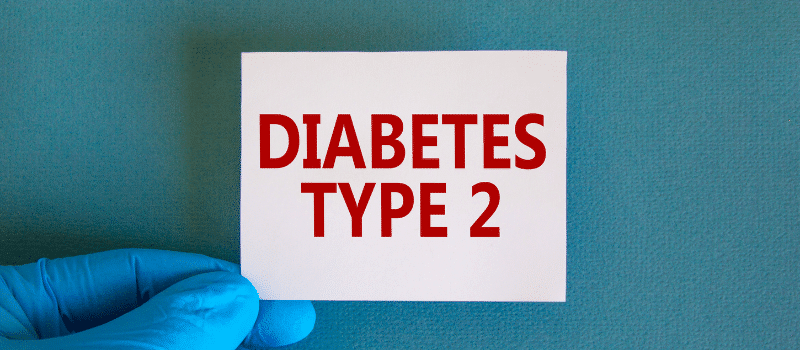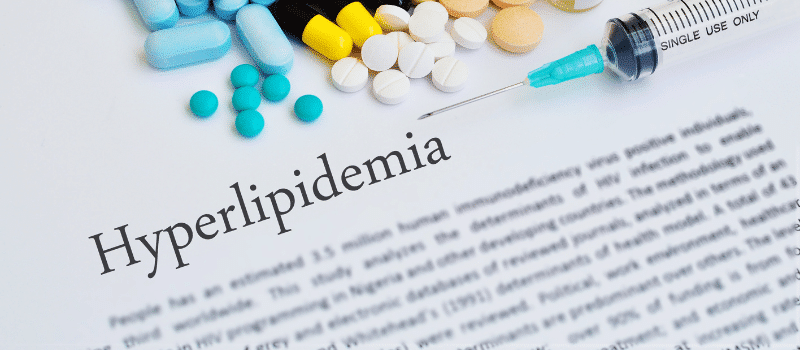Hypertension
Hypertension
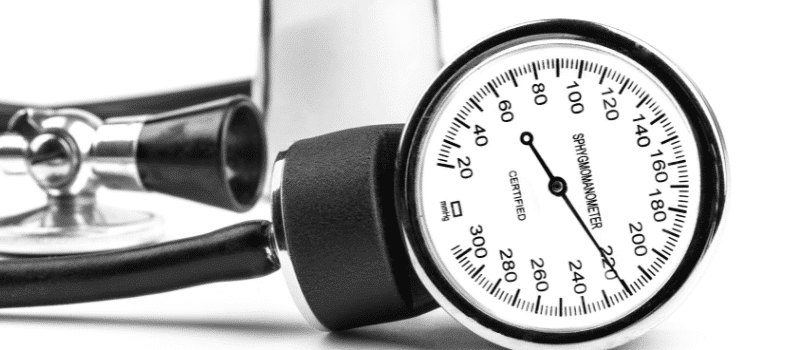
Hypertension is a significant risk factor for heart disease, stroke, and kidney disease. In this blog post, we will discuss the causes, symptoms, diagnosis, and treatment of hypertension.
Causes of Hypertension There are two types of hypertension: primary hypertension and secondary hypertension. Primary hypertension is the most common type of hypertension and has no identifiable cause. Secondary hypertension is caused by an underlying medical condition such as kidney disease, sleep apnea, or thyroid problems. Some lifestyle factors can also contribute to the development of hypertension, including a diet high in sodium, smoking, obesity, and lack of physical activity.
Symptoms of Hypertension Hypertension is often called the “silent killer” because it can develop slowly over time without any noticeable symptoms. Many people with hypertension do not know they have it until they have a medical check-up. However, some people may experience headaches, shortness of breath, nosebleeds, or chest pain.
Diagnosis of Hypertension Hypertension is diagnosed using a blood pressure cuff, which measures the force of blood against the walls of the arteries. A reading of 120/80 mm Hg is considered normal. A reading between 120/80 mm Hg and 139/89 mm Hg is considered prehypertension, and a reading of 140/90 mm Hg or higher is considered hypertension.
Treatment of Hypertension Treatment of hypertension typically involves lifestyle changes and medication. Lifestyle changes include maintaining a healthy weight, eating a balanced diet that is low in sodium, getting regular exercise, quitting smoking, and reducing stress. Medications used to treat hypertension include diuretics, beta-blockers, calcium channel blockers, ACE inhibitors, and ARBs. The choice of medication will depend on the severity of hypertension and the presence of other medical conditions.
Hypertension is a common condition that can lead to serious health problems if left untreated. It is important to have your blood pressure checked regularly, especially if you have risk factors for hypertension. If you are diagnosed with hypertension, lifestyle changes and medication can help manage the condition and prevent complications. As always, it is essential to consult with your healthcare provider for personalized advice and treatment.






